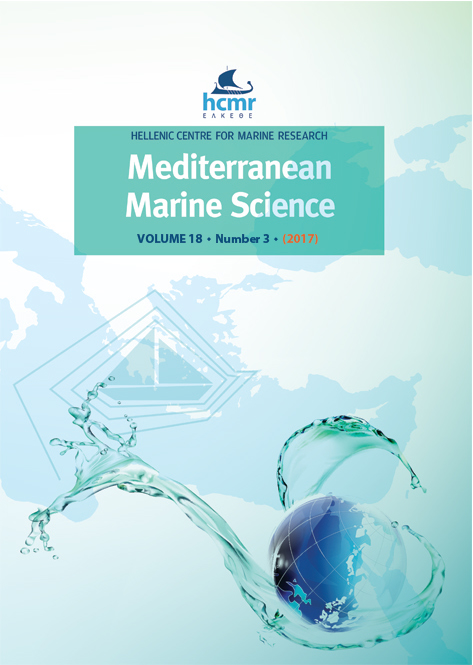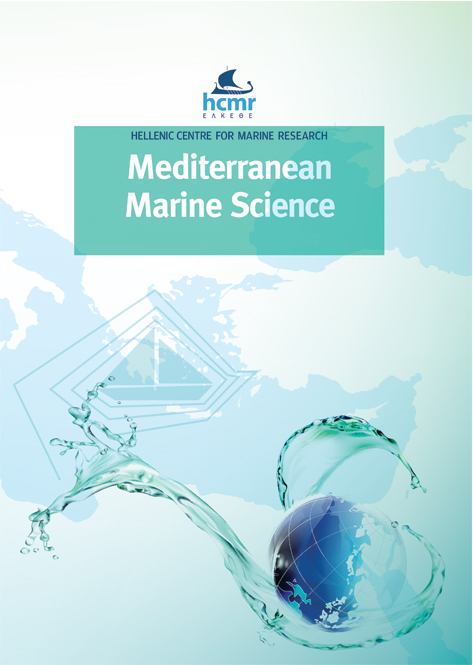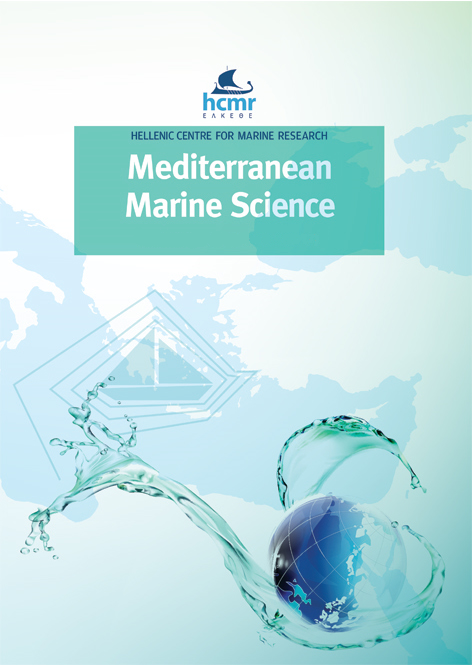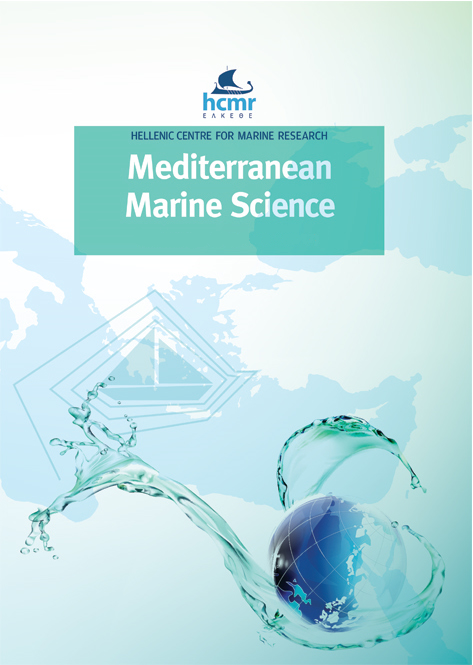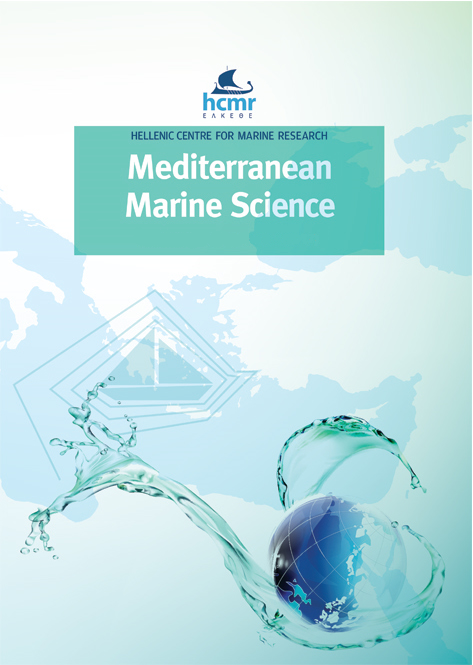Introduction of a new Indo-Pacific marine cladoceran to the Mediterranean Sea
Περίληψη
Pleopis schmackeri, a podonid cladoceran not previously recorded in the Mediterranean Sea, was found in the İskenderun Bay for the first time. The samples were collected seasonally during 2012–2015 in the coastal area of İskenderun Bay using a WP-2 zooplankton net (200 µm). Six cladoceran species were found in total, and Penilia avirostris, Pseudevadne tergestina and Evadne spinifera constituted the bulk of the population, while the contribution of P. schmackeri was very low. Although only a single individual was observed in July 2012, the abundance and frequency of P. schmackeri increased in the following years, attaining the abundance of 25.10 ind.m-3 in 2015. Thus, P. schmackeri could be considered as established in İskenderun Bay; however, it seems that it did not affect the distribution of other cladoceran species in the area up to now. P. schmackeri could have entered in İskenderun Bay either as Lessepsian migrant or by ballast waters of commercial ships.
Λεπτομέρειες άρθρου
- Πώς να δημιουργήσετε Αναφορές
-
TERBIYIK KURT, T., & POLAT, S. (2018). Introduction of a new Indo-Pacific marine cladoceran to the Mediterranean Sea. Mediterranean Marine Science, 18(3), 517–523. https://doi.org/10.12681/mms.13885
- Τεύχος
- Τόμ. 18 Αρ. 3 (2017)
- Ενότητα
- Research Article
Authors who publish with this journal agree to the following terms:
- Authors retain copyright and grant the journal right of first publication with the work simultaneously licensed under a Creative Commons Attribution Non-Commercial License that allows others to share the work with an acknowledgement of the work's authorship and initial publication in this journal.
- Authors are able to enter into separate, additional contractual arrangements for the non-exclusive distribution of the journal's published version of the work (e.g. post it to an institutional repository or publish it in a book), with an acknowledgement of its initial publication in this journal.
- Authors are permitted and encouraged to post their work online (preferably in institutional repositories or on their website) prior to and during the submission process, as it can lead to productive exchanges, as well as earlier and greater citation of published work (See The Effect of Open Access).

